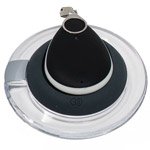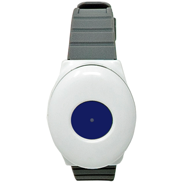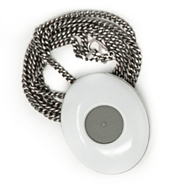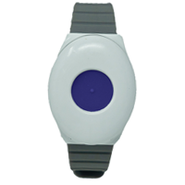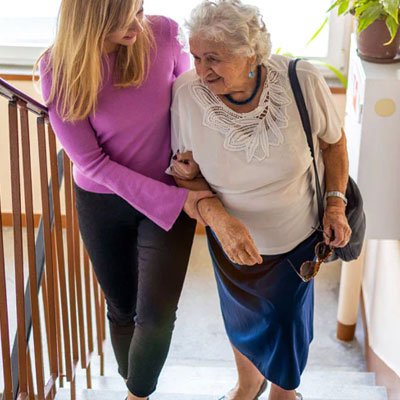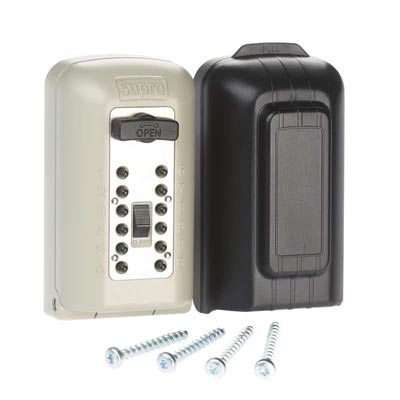Living well
Our lifestyles and mobility often change as we get older - our advice and guides can help with everything from leisure and activities, to lifestyle tips and advice and considerations as the weather or seasons change.
Think H.E.A.T to keep elderly loved ones safe this winter
Leisure and activities
Engaging in leisure activities is crucial for the overall wellbeing of older adults as it can alleviate stress, enhance sleep quality, and boost energy levels.
Lifestyle tips
Healthy lifestyle choices can significantly improve the wellbeing of older adults, including staying active, eating well, and socialising. These positive habits can lead to a more fulfilling life.
Mental health and wellbeing
As we age, it's important to prioritise mental health by staying connected, doing fun activities, and seeking professional help if needed, leading to a positive outlook on later life.
Seasonal advice
Discover ways to keep your elderly loved ones safe from extreme temperatures and seasonal changes. Learn how to keep them cool in the summer and warm in the winter with our advice and tips.
How we can help
The features available with panic buttons for the elderly can vary, so it's important to find the right kind of personal alarm service for your needs, whether it's for yourself or a loved one.
Personal alarms for the home and out-and-about
Have the freedom to maintain an active lifestyle, with reassurance help is available wherever you are.
An Out-and-About Personal Alarm will also work in your home so you can get help from Taking Care's Emergency Resolution Team any time of the day or night.
Not sure which personal alarm to choose?
Call 0800 085 7371, Monday – Friday, 8am - 6pm and Saturday, 9am – 5pm, to speak with a Taking Care Sales Advisor.
Elderly care experts answer biggest questions about living well



